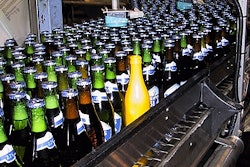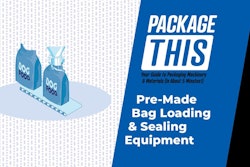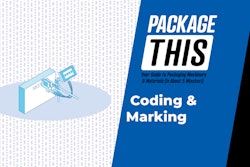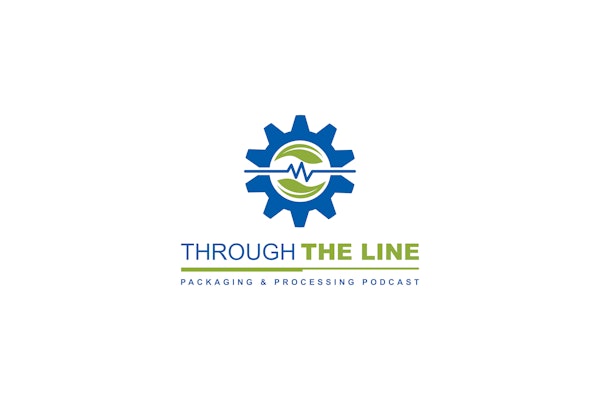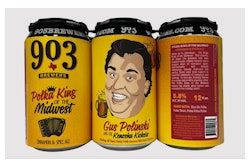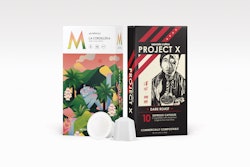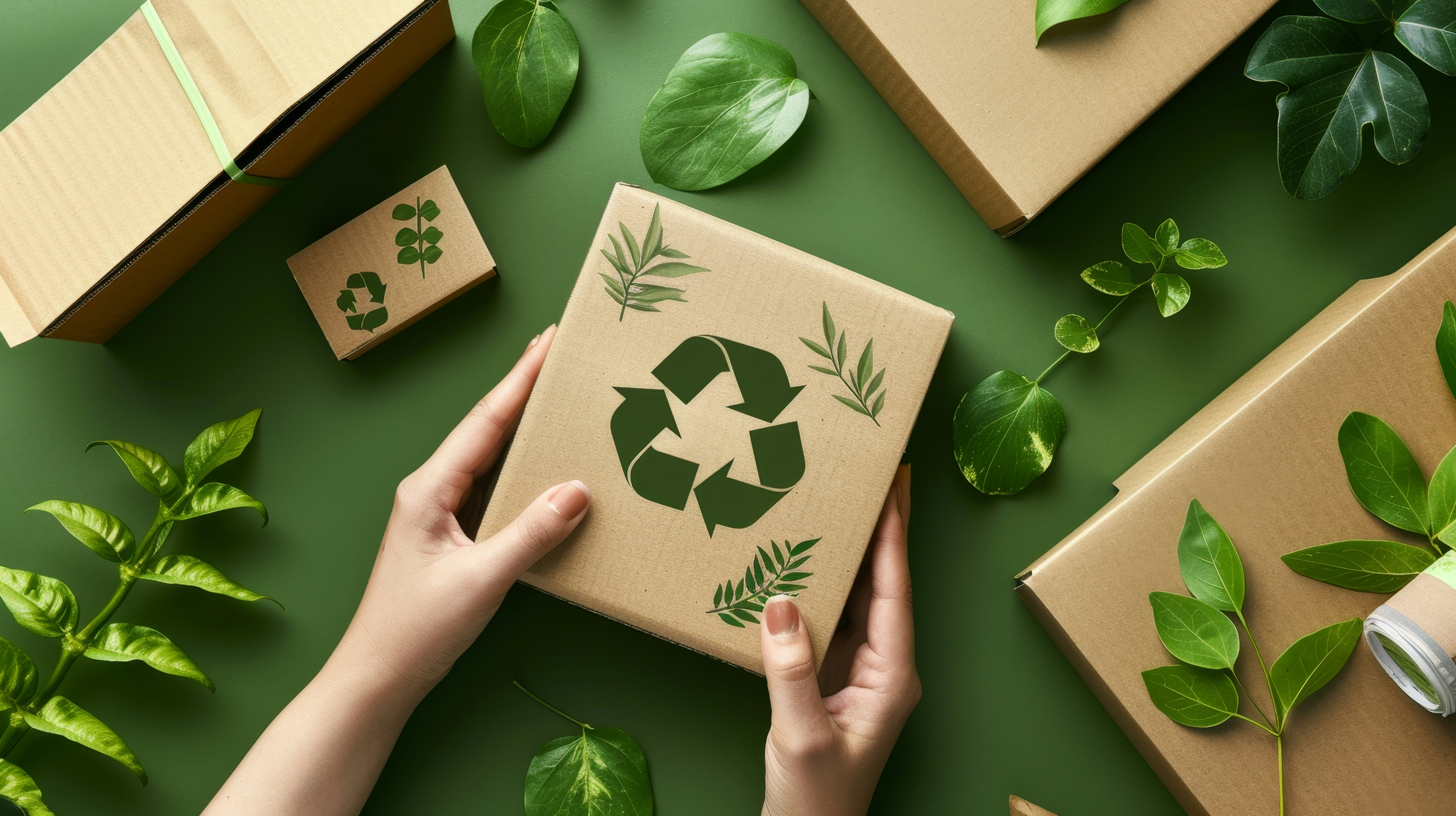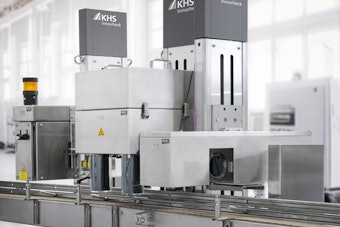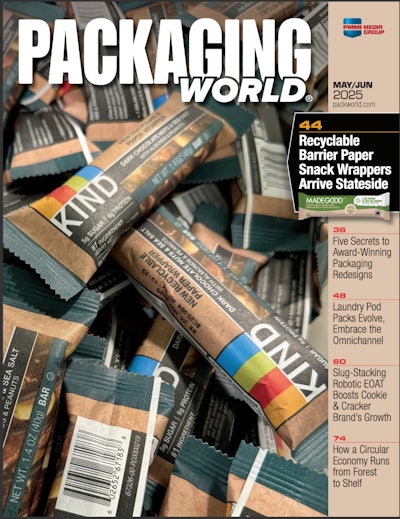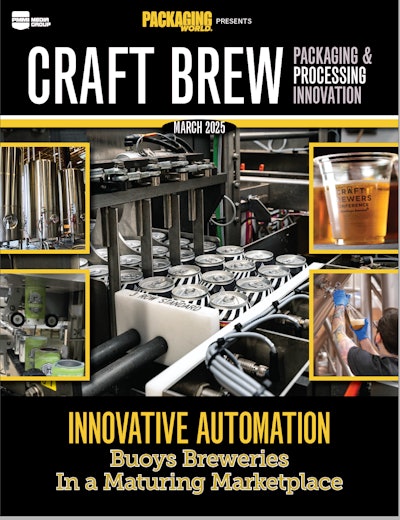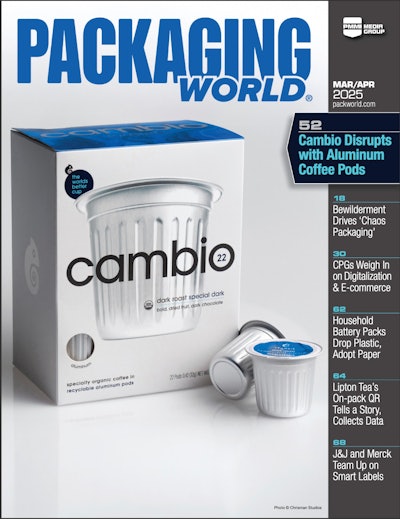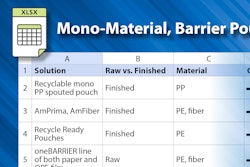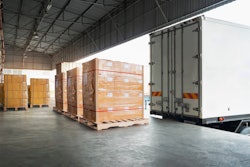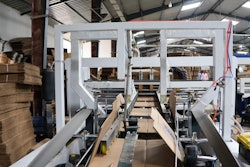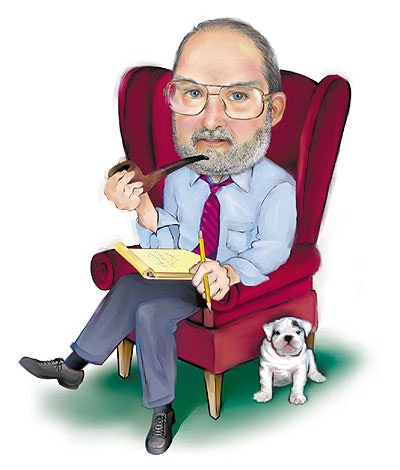
As highly as I regard that country and especially its obvious concern over protecting its unique environment, it seems like the country is about to venture down a confusing path—and for all the wrong reasons.
Halley’s latest report from Victoria describes the comments from a meeting where speakers and attendees discussed the Australian Retailers Assn.’s “bag code.” This is a voluntary plan (as are most environmental plans in Australia) whereby retailers in that country commit to a set of deadlines to minimize the use of virgin high-density polyethylene shopping bags because of their contribution to litter.
Presumably, the “bag code” is designed to spur the development of recycling of these shopping bags and the introduction of more bags made from recycled material. But already the use of reusable bags—sometimes given away by local governments—is being heralded as the ideal. All of this stems, it seems, from a bag tax that was enacted in Ireland, a country known neither for its volumes of plastic shopping bags, nor for its advanced recycling programs.
Further, the retailers’ group has set targets for minimizing bag litter, but some of its goals seem to be in conflict. While the ARA Code of Practice calls for a 50% reduction in plastic bags issued by the end of 2005, it also encourages the introduction of recycled-content plastic bags. Why would recyclers (or retailers, for that matter) invest to develop a bag recycling program, if that particular HDPE bag was systematically being phased out?
Meanwhile, the Code focuses on recycling or reuse at the expense of degradable materials. This is because ARA researchers were not persuaded that the advantages of degradable materials in landfill are as certain as the claims made by supporters. A governmental study on plastic bags said that the substitution of degradable or paper bags would have negative effects on the overall lifecycle analysis, especially in energy, resource use, and greenhouse effects.
Graham Clark, environment manager for Australian chain supermarket Coles Myer Ltd., pointed out that conversion to customer-supplied bags will add significant time to the “shopping experience.” Plus, there are estimates of AUS$82 million in additional costs that would ultimately be paid by the consumer.
Under the Irish model, only shopping bags are covered, so other kinds of bags remain unaffected. After implementation, plastic shopping bags for dry goods were said to have been reduced by as much as 90% or more, but they are still available at a cost.
Now, I’m sure that there may be some parallels between consumers in Ireland and those in Australia. But thanks to seeing Waking Ned Devine several times, I still hold what may only be the charming notion of Irish women taking their canvas or string bags with them as they walk or ride to their local stores in smaller towns and villages. I’ve seen it elsewhere in Europe, too.
But I don’t know how common that is in Australia, where Clark says the typical supermarket visit would require some six bags. What is common in Australia is what we call curbside (they call it Kerbside) recycling, a concept not widely used in Ireland.
Clark also pointed out that fewer than 1% of shopping bags issued are identified as part of the litter stream. Australian research, meanwhile, shows that somewhere between 60% to 75% of households reuse shopping bags, primarily to line trash containers. In Ireland, sales increased for bin liners and plastic garbage bags that are levy-free, once the shopping bag tax was imposed.
That Australian study also reported that most of the targeted HDPE shopping bags are not made domestically, but are imported. Hmm. So instead of retailers “giving away” shopping bags that make bagging easier, consumers would be encouraged to buy reusable shopping bags that take longer to load, plus buy liners for trash cans. So who’s left holding the bag?
See an archive of Arnie Orloski's Pipeline columns at www.packworld.com/pipeline.
Arnie can be reached at [email protected]





